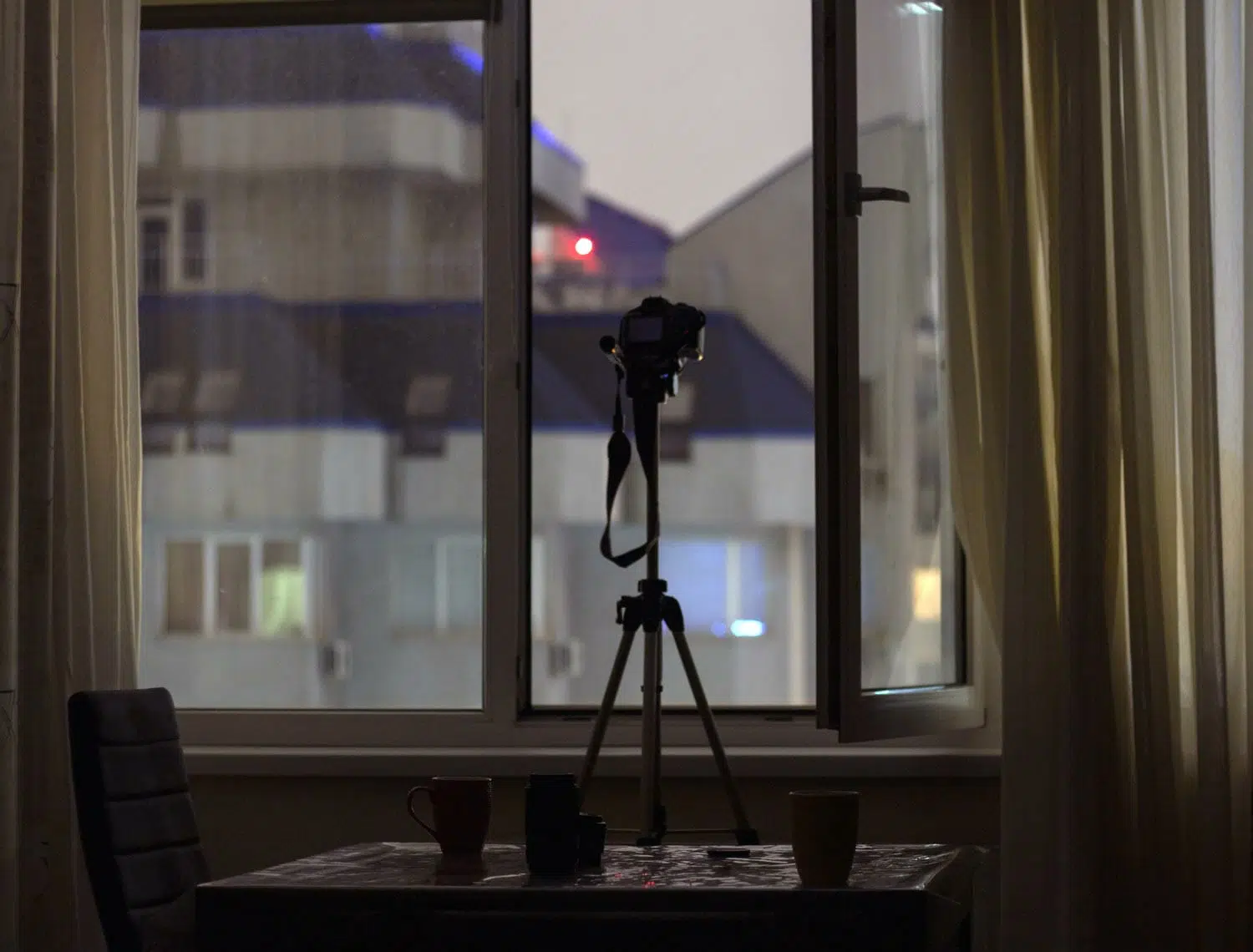Can you record your wife without her knowing you are recording her? To answer this challenging question in Virginia law, we are deeply grateful to have as a special guest on today’s discussion a leading expert. Ms. Betty Boop, born August 9, 1930, may not be an attorney, she may have no expertise in law, and she may not even be an actual person, but her 87 years of experience before the general public surely count. She was prominently featured in what we can only consider to be a public service announcement, “A Thousand Times No!”
More Than No …
Betty would tell you, you cannot record a video or still image of anyone in Virginia —in private — without their knowledge. Simply saying “No” about this does not quite do the trick; we could repeat it some 900 times, but that gets you no closer to knowing why you cannot. Nor does it cover every meaning of the word “record.”
A Reasonable Expectation of Privacy
Betty Boop was never one for modesty, we admit, but she would frown upon having her picture taken, or a video recording made, without her knowledge.
Let us turn to Virginia Code, § 18.2-386.1. This little ditty is titled, “Unlawful creation of image of another; penalty,” and as far as we can tell it has never been featured in a Betty Boop cartoon (astonishing, right?).
Betty was a bit loose, sure, but she would not approve of attempts to, as the law says,
“create any videographic or still image by any means whatsoever of any nonconsenting person if that person is totally nude, clad in undergarments, or in a state of undress so as to expose the genitals, pubic area, buttocks or female breast …”
A key part of the concept here is “a reasonable expectation of privacy.” Your wife can reasonably expect that you are not setting up a movie studio in your walk-in closet in hopes of catching her engaging in a horizontal hoedown with Hank Huckleberry. Similarly, you cannot set up any recording or monitoring device near her tanning bed, bathroom, shower or bath without her permission.
Private vs. Public Recording
This does not prevent you from recording your wife in public without her permission. Public use doctrine means the thoroughfares and byways of our fair Commonwealth are fair game. Catch her walking on the sidewalk arm in arm with Hank and you can take all the pictures and video you want, so long as you do not stalk her.
Say you suspect she will check into the Hampton Happy-To-Have-You Inn with Hank to try their hand at a horizontal habanera. If you set up your video equipment on the grass strip between street and sidewalk (public property) and stay there, you can film whatever they do in the publicly accessible (though privately owned) parking lot. You cannot go onto that private property and try to film Hank and her through the keyhole.
Audio vs. Image Recordings in Virginia Law
The Code of Virginia is available in a handy 32-volume print edition, so when we say the Big Book, we really mean it. (It’s also a tad pricey, at $757.00.)
Anyway, the Code of Virginia very carefully delineates between recording images and recording sounds. Virginia is a “one party consent” state, meaning you can record a telephone conversation if one party agrees to it. So if you and your wife are on the telephone, you need not tell her you are recording her as she details how she and Hank did the horizontal hokey-pokey at the Harrisonburg How-Dee Hotel. You can use that recording in just about any court proceeding except (brace yourself) for divorce proceedings. (If she and Hank are chatting, recording them without permission is illegal.)
Code of Virginia honors the one-party consent rule for audio recording right up to the line of Virginia Code, § 8.01-420.2, “Limitation on use of recorded conversations as evidence,” at which point it does not permit one-party consent audio recordings for use against a spouse in divorce, separate maintenance, or annulment.
Further, in-person audio recording must either be with the other person’s consent or done in a public setting.
Okay, So What CAN I Record Legally?
So, let us put this in a succinct checklist for you:
- Record images in public with or without her knowledge — Sure!
- Record photographs or video in private without her knowledge — Nope!
- Record audio conversations in public without her knowledge — You bet!
- Record telephone conversations without her knowledge — Yup, if not used as evidence for divorce, separate maintenance or annulment
Boop Oop a Doop
So we say goodbye to Betty Boop and her still-valuable guidance to avoid recording your wife without her knowledge as part of your grand scheme to file for a fault-grounds divorce in Virginia. Unless she and her friend Hank are surprisingly open-minded exhibitionists, you cannot skulk around recording her.
For clear answers to basic and complex questions about family law and divorce, please contact The Firm For Men’s family lawyers for men online, or call our offices at 757-383-9184. Our attorneys take only Virginia men as clients; we fight hard to preserve men’s rights; we know Virginia law inside and out.


